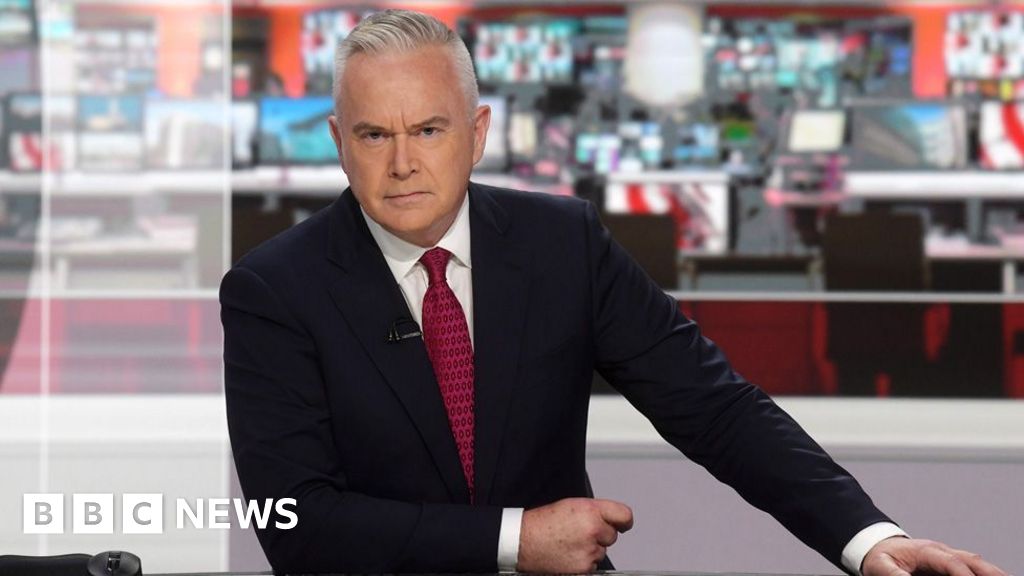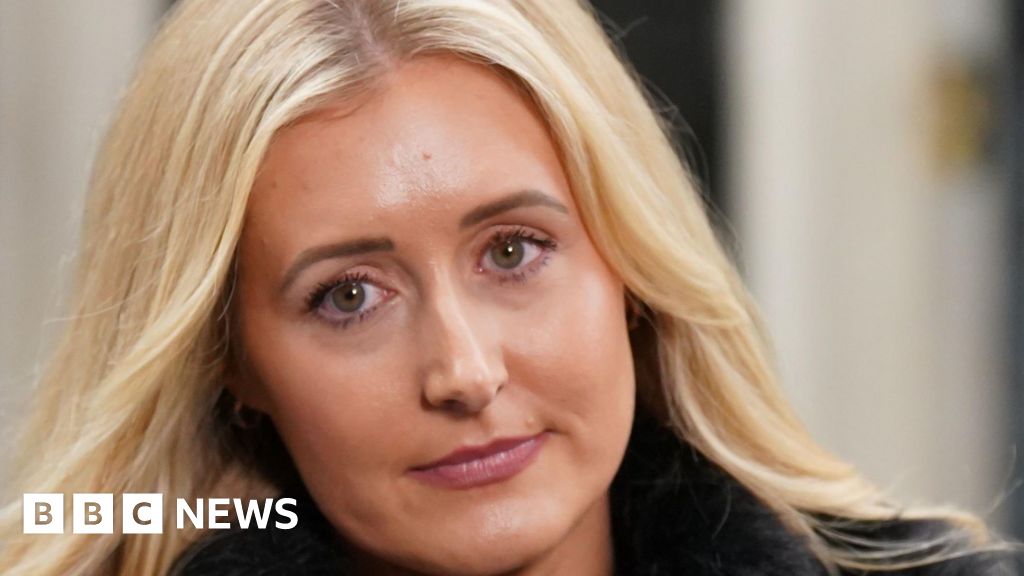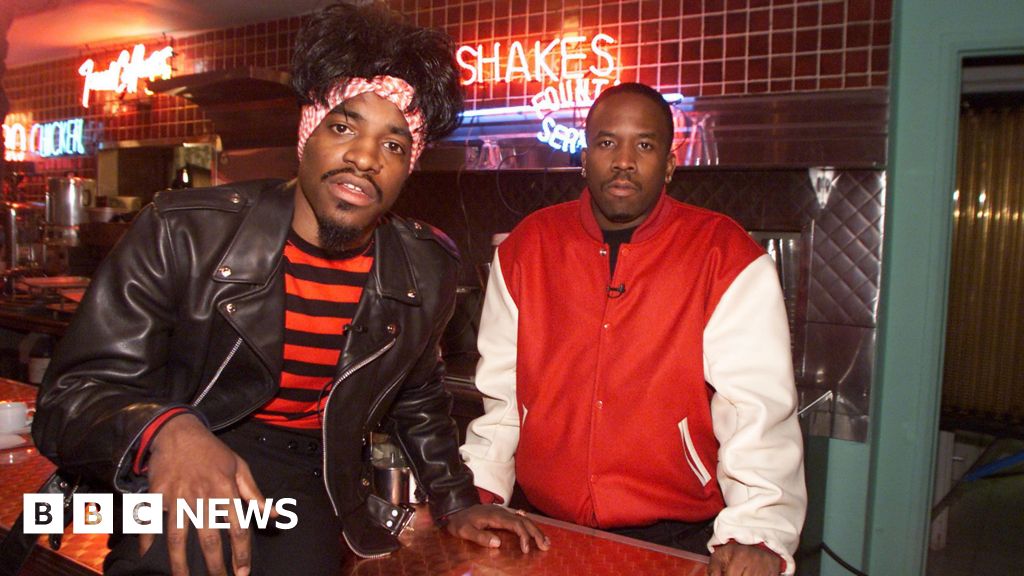ARTICLE AD BOX
Samir Shah's anger was obvious, the BBC chairman's voice shaking with fury as he delivered his message of change. "If you think you're too big to live by the values of this organisation, you are wrong and we will find you out," he promised.
He left little doubt about his personal determination to stamp out bad behaviour at the BBC.
But will he succeed?
The Respect at Work 2025 report was commissioned following Huw Edwards' guilty pleas last year. The corporation was reeling from the revelations surrounding one of its biggest names.
But 12 years ago, a report was published after a scandal involving another former BBC star.
That 2013 Respect at Work review looked into BBC culture in light of Jimmy Savile's depravity. It found bullying was an issue inside the corporation, with some people viewed as "untouchable" because of their status and colleagues too scared to speak up, for fear of reprisals.
The then director general, Tony Hall, said he wanted "zero tolerance of bullying". The BBC brought in a series of measures, including updating its policies and setting up a confidential helpline.
On Monday, the current director general, Tim Davie, said he was "totally committed to make long-lasting change."
He said staff must feel confident to speak up and they will be supported (unless their complaints are malicious) without any negative impact on their careers.
"We have your backs," he said. He announced a series of measures including a new code of conduct, a more robust disciplinary policy and leadership training.
All organisations have bad apples, but the power dynamics in a media company are multi-layered. Well-known presenters, for example, can wield extraordinary influence, as well as behind-the-scenes editors and managers.
Then there is the issue of an industry that often relies on freelancers, who have even less power. 30% of freelancers told the report they had seen inappropriate behaviour at the BBC. Less than half said they would feel safe speaking up. That is sobering.
Equally, in BBC news and current affairs, only 48% of staff who answered a recent survey said they thought the corporation dealt with bullying and harassment concerns appropriately.
This is all about power imbalances. Will BBC employees ever feel confident that the organisation really will have their backs if they decide to complain?
My sense is that the biggest consideration when deciding whether to make a formal complaint is the fact that the person you are complaining about will be told you have done so. If that person is your boss, or a close colleague, how can you be sure that it won't have an impact on your career?
But equally, if you don't take formal action, then there is a perception that offenders consistently get away with bad behaviour. There are rumours and stories about particular individuals inside the BBC, just as there are in all organisations.
The proof, perhaps, of whether these new policies are working will be whether the small number of people whose names are often raised internally, accused informally of bad behaviour, will now face more scrutiny; whether colleagues will feel confident to raise a formal complaint.
The report makes clear the majority of people enjoy working at the BBC and that there isn't a toxic culture. But it also talks of some names repeated several times as people who are "not being held to account for poor behaviour".
Who are those people and is any action being taken in light of this review?
The report doesn't name names, either complainants or those accused.
A BBC source told me the corporation will always act if necessary on any information it becomes aware of.
But in pockets of the BBC there is real anger that bullying by individuals is an open secret - and there's a belief that complainants aren't protected. Shah and Davie are promising that will change.
It takes time to change cultures. While some behaviour is always unacceptable - sexual harassment or physical assault for example - the report also talks about grey areas, including colleagues being tetchy or rude, ridiculing ideas or using aggressive language. The plan is to nip these in the bud.
Sometimes this kind of behaviour has been blamed on working in a high pressure environment, for example a newsroom, where short-term emotions can run high. It's not an excuse, Davie said.
The report was commissioned because of the BBC's newsroom's most high-profile star, Huw Edwards. But his name was never mentioned over its 60 pages.
Perhaps the evidence of real culture change will be if this is the last report the BBC ever does about workplace culture.

 4 hours ago
4
4 hours ago
4








 English (US) ·
English (US) ·